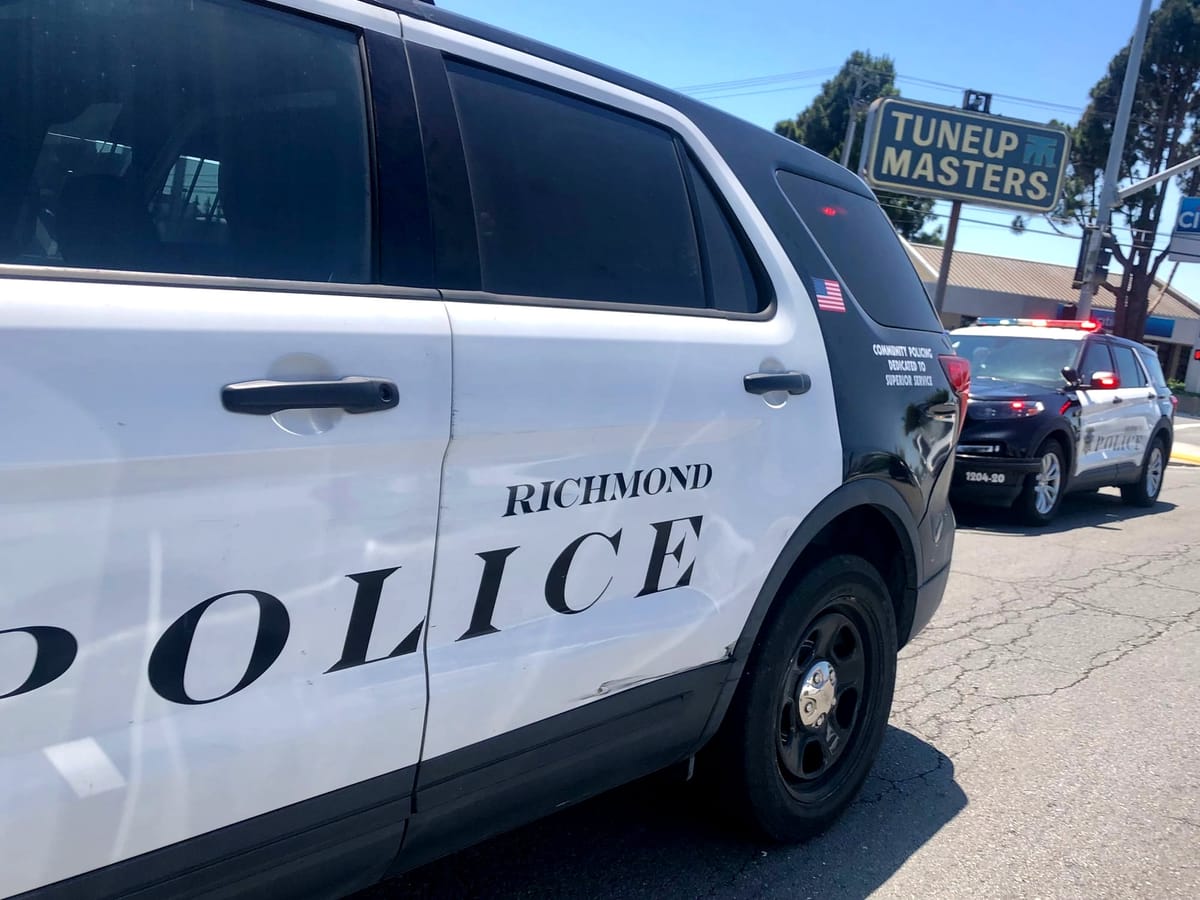

The Richmond City Council voted 4-3 Tuesday night to establish mandatory training requirements for commissioners serving on the Community Police Review Commission (CPRC), despite concerns about the timeline and financial support for volunteers.
The ordinance requires newly appointed commissioners to complete comprehensive training within 90 days of their appointment, down from the originally proposed six-month window. The training will cover investigative procedures, constitutional rights, police practices, and bias recognition.
Councilmember Jamelia Brown, who pulled the item from the consent calendar, argued for the shortened timeline, saying, "waiting nearly a half a year before training begins is again quite extensive."
"I've never had a job where you can start working and get training later," Brown said during the meeting. "The more serious that we take our own commission, I think the more serious other people will take the commission as well."
The commission, established in 1984, provides civilian oversight of the Richmond Police Department and investigates citizen complaints of police misconduct. Currently, commissioners can begin serving immediately upon appointment without formal training.
City Attorney Dave Aleshire explained that the training requirements follow recommendations from the National Association for Civilian Oversight of Law Enforcement (NACOLE) and align with practices in cities like Berkeley, Anaheim, and Santa Ana.
"The commissioners put this recommendation together," Aleshire said. "It does require eight hours of training. It is a volunteer position."
CPRC Chair Carmen Martinez spoke in support of the measure, calling it "an important and overdue step in strengthening effective and legitimate oversight."
"Commissioners charged with reviewing policy and practices, policing practices and addressing allegations of misconduct, must be equipped with clear tools legal context and procedural understandings," Martinez said.
Commissioner Marisol Cantú praised the collaborative effort while acknowledging the challenges of coordinating training for volunteers.
"I think it's critical that we are trained as an advisory body, as a recommending body to the city council," Cantú said. She suggested that if the city wants to ensure proper training, it should "invest in the Community Police Review Commission" and possibly compensate members who take time off work.
The council also approved a provision directing the city manager to develop a stipend program for the mandatory training hours, not to exceed $10,000, to help volunteers who may need to take time off work.
Council Member Doria Robinson, who proposed the stipend, said it would ensure "that more different types of people can do it, and then we don't only get people who are economically able to or are retired."
However, the measure drew opposition from three council members who felt commissioners should complete training before participating in hearings. Vice Mayor Cesar Zepeda and Councilmembers Brown and Soheila Bana voted against the final version.
"I believe they should be trained before the hearings," Bana said.
Ben Therriault, president of the Richmond Police Officers Association, supported robust training requirements with consequences for non-attendance but warned of potential labor law complications.
"This has real-world effects on employees, lives, and their careers," Therriault said. "So if you want to be a part of this commission, it's important."
Therriault also cautioned that the training requirements may need to be subject to meet-and-confer negotiations with the police union, citing Berkeley's experience.
"I'd also add that this is a meet-and-confer element. The City of Berkeley tried to bypass that two years ago and the right back of the table after a PERB charge sitting in a meet and confer on this subject specifically," Therriault said issuing the warning directly to City Attorney Aleshire, citing the potential for a Public Employment Relations Board (PERB) charge which is a formal complaint filed in California alleging that an employer or union has violated labor law.
The training program is expected to cost approximately $15,000 annually until a permanent investigator is hired to provide ongoing training. Current commissioners plan to begin their training sessions in late July or early August.
SUPPORT LOCAL JOURNALISM - SUBSCRIBE TODAY!
Grandview Independent needs your financial support to continue delivering the news that matters to our community. Quality journalism costs money, and we can't do it without readers like you.
SUBSCRIBE NOW and get:
• Unlimited access to all articles
• Newsletters with exclusive content
• The satisfaction of backing independent local news that serves your community
CLICK HERE TO SUBSCRIBE - Starting at just $10/month
FOLLOW US FOR BREAKING NEWS:
• Twitter: @GrandviewIndy
• Instagram: @GrandviewIndependent
• Facebook: @Grandview Independent
Copyright © 2025 Grandview Independent, all rights reserved.
